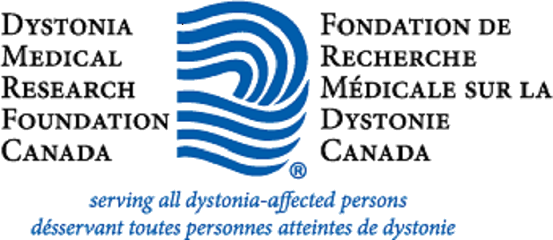How does the doctor know I have dystonia?
Your doctor makes a diagnosis of dystonia by looking at the movements of your body. Your doctor may also use certain medical tests to make sure you don’t have another disorder. Neurologists go to school for many years to learn how to recognize dystonia and other disorders.
How did I get dystonia?
Some children get dystonia because they inherit it from their parents, grandparents, or relatives—just like they inherit the color of their eyes or the shape of their feet. For some kids, it is a surprise that happens to them and no one else in the family, and no one knows exactly why. Some people get dystonia from having an accident, from operations for other health conditions, other illnesses, or from taking certain medicines.
Can you die from dystonia?
No, you cannot die from dystonia.
Will the dystonia go away?
Most children who get dystonia have it for the rest of their lives. So the dystonia will probably not just go away. But there are treatments that can help the dystonia stay as mild as possible. Some kids have dystonia that comes and goes. Children with this form of dystonia may find that the dystonia gets worse for a while when they are teenagers, but then gets better as they become adults.
Do a lot of other kids have dystonia?
There are kids all over the world who have dystonia. There may even be young people in the state or province you live in who have dystonia. The best way to meet other young people with dystonia is to attend a meeting organized by the Dystonia Medical Research Foundation.
Can other people catch dystonia from me?
Absolutely not. It is impossible for other people to catch dystonia from you.
Do all kids with dystonia get a wheelchair?
Every person with dystonia is different. Some use wheelchairs, some use canes, and some do not need anything to help them move around. Not all kids with dystonia need a wheelchair.
What is going to happen to me in the future?
There is no way to predict how dystonia will affect you in the future. Your symptoms will probably change over time. They may get better, or they may get worse. The good news is that there are many scientists studying dystonia so that they can make better treatments for dystonia and even a cure. By taking care of yourself and being positive, you will be able to handle whatever dystonia brings.
With sincere thanks to the Allergan International Foundation for their support of this initiative.
